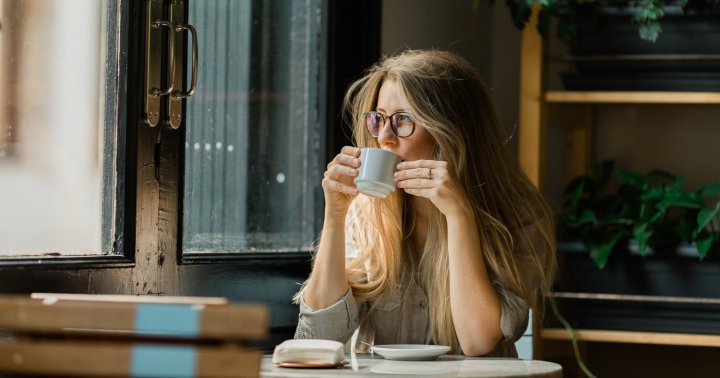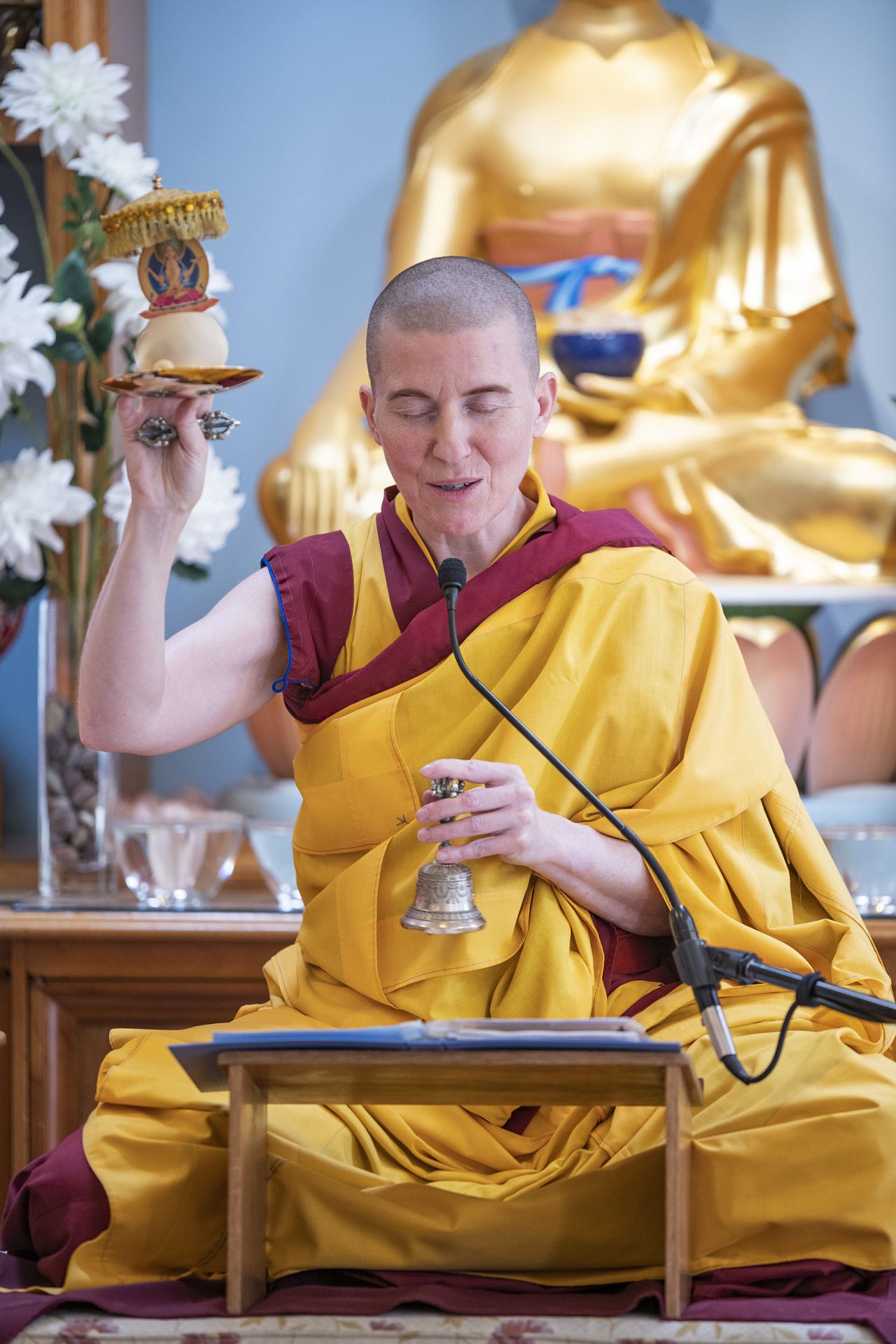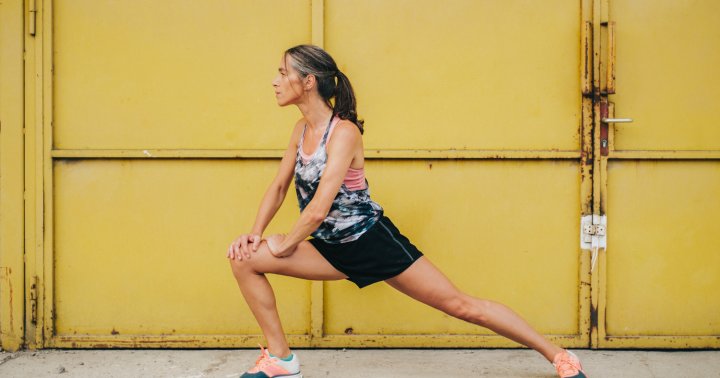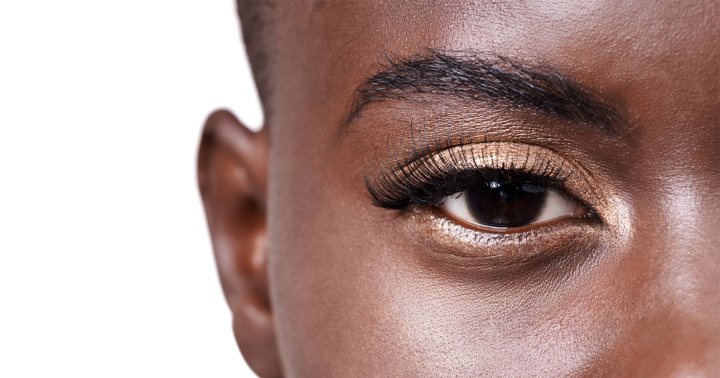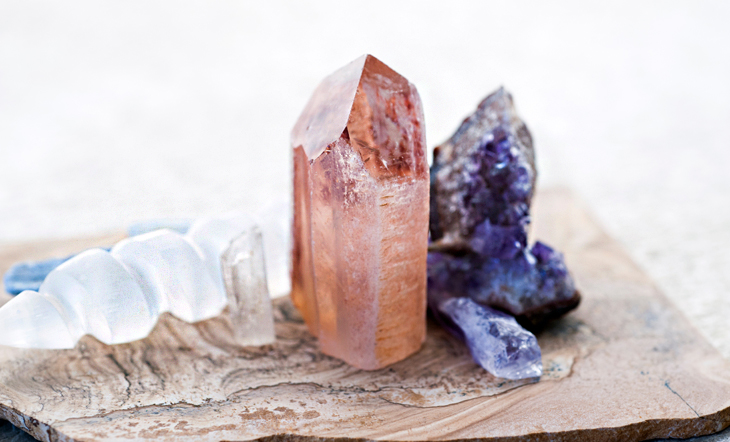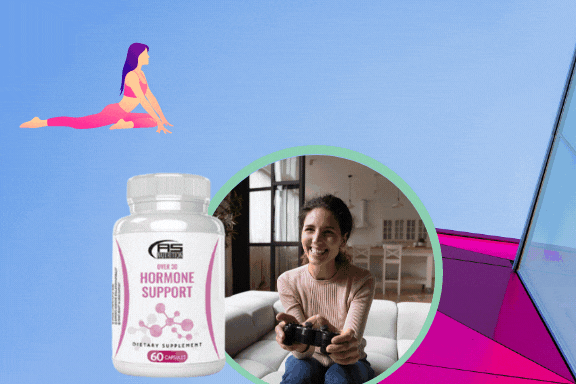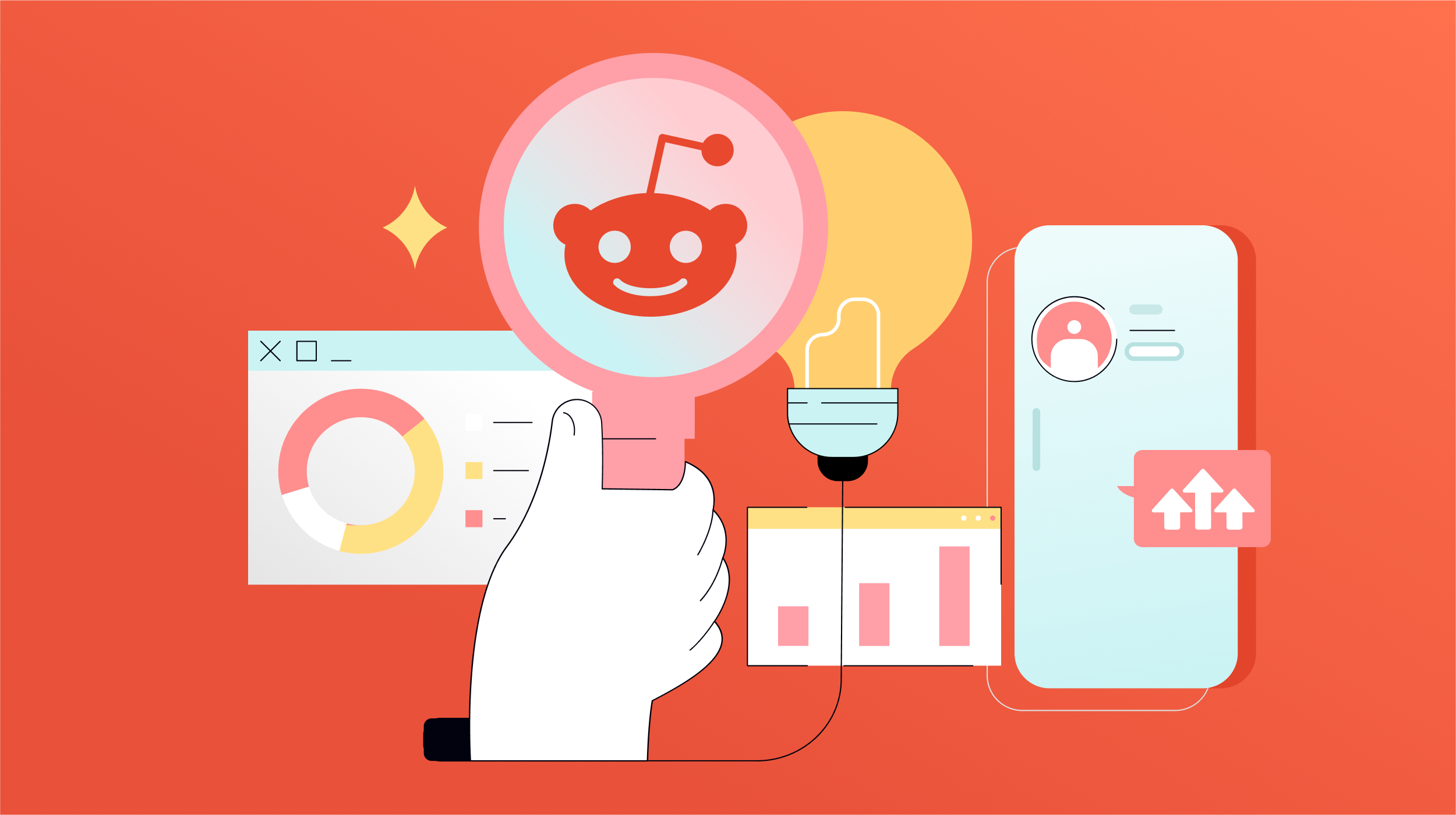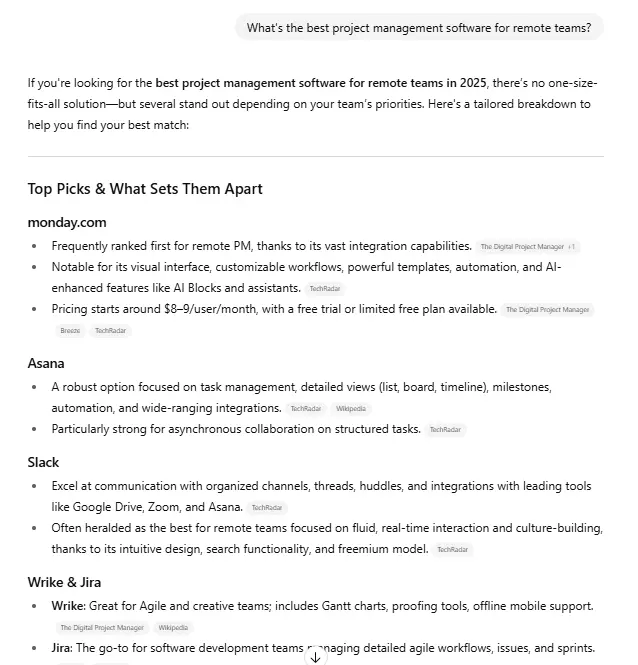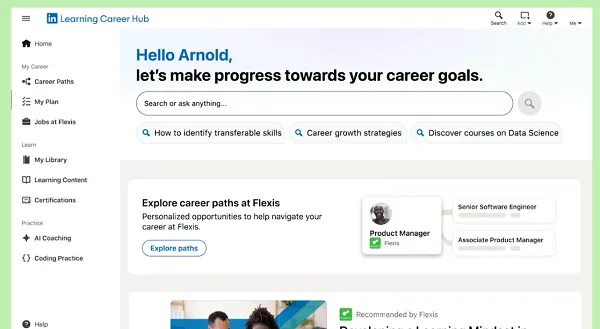A Reciprocity of Presence
While investigating how psilocybin can support healthcare workers experiencing burnout from the pandemic, a palliative care physician discovers another mode of healing: being present. The post A Reciprocity of Presence appeared first on Tricycle: The Buddhist Review.

March 13, 2023 marks three years since COVID was first declared a national emergency in the US. This week, we’ll be sharing pieces that reflect on how COVID altered all of our lives.
Sitting in this room, in an out-of-the-way part of the medical center, I can feel a deep quiet, almost like sesshin. The atmosphere is still but expectant. Across from me is another clinician who is enrolled in a clinical trial and has just taken a study drug that might or might not be psilocybin. Neither I nor the clinician participating in the study knows whether the pill contained psilocybin or a placebo. My aim: to be present.
This person has qualified for the study because they have moderate symptoms of depression and burnout related to their work in the COVID pandemic. It is the first study of psilocybin-assisted therapy for doctors and nurses in this situation. The clinicians who qualify for this study have seen a lot of struggle and death up close. At their hospitals, in the course of trying to heal others, they’ve witnessed and experienced suffering—as well as hate speech, confessions, accusations that they are lying, and physical violence. They’ve had enough—too much, really. They feel broken.
Summoning my own presence under these circumstances is a challenge. It’s hard to “just” be present. My mind is busy with housekeeping (did I finish all the study forms?), anguish (witnessing shame for which words aren’t enough), hope (that they received the psilocybin rather than the placebo), and a million other things. All my worries are on full display, with surround-sound mesmerizing visual memes and gut-twisting, jaw-dropping sensations. And I haven’t even taken anything. No need for virtual reality; the multiverse is right here in my body.
My role, as the study investigator and therapist, is to support the clinician through whatever kind of experience the medicine, placebo or psilocybin, gives them. I had designed this study wanting, in my doctorly way, to fix a problem: to relieve suffering, ease burnout, and facilitate a kind of healing from the pandemic. But what I have found is that my real job is to answer a calling to be present, completely present. To bring myself back to this moment, this breath. This sense of support from the chair. This sensation of my feet on the floor. And then, to enlarge my subjectivity to take in my colleague. In those moments, what I receive is much more valuable than a sense that I have treated a condition or fixed someone. The moments are rich: tears over what wasn’t possible, a belly laugh over a baby photo, wonder and awe over finding themselves in this human body. The participants’ gestures are so unguarded that I find myself gasping at the vulnerability—and trust—in what they are allowing their bodies to show.
Neuroscience tell us that in those moments, my brain is using its experience and knowledge and felt sensation to simulate my colleague’s brain, and my brain is making predictions constantly, even if my conscious mind hasn’t asked. I’m generating predictions every moment. For me, the temptation is to jump into action. As a physician, after all, I’ve been trained to intervene, interpret the gesture, make a diagnosis, invoke a psychological model, say the perfect thing, offer the exact right kind of touch.
But what I’ve learned is that I should wait. I can notice my impulses, my triumphant interpretations, my savior complexes—Ah yes, my old friends. They mostly show up as insistent thoughts, ideas, concepts. Instead of arguing with all this thinking, however, I try to drop into the body. I go to the sensations of my feet on the ground, my seat in the chair, my breath moving in and out of my belly.
I’ve been a Zen practitioner for more than thirty years at this point. What first drew me to Buddhism was my own sense of inadequacy as a young oncologist to face the suffering my patients brought to our visits. Facing a fellow human who is turning toward you with eyes full of terror and hope and despair can be daunting, and I found myself scrambling to do more and more and more. Yet inevitably, I would find that after offering everything else—treatments, advice, resources—all that was left was just me. A moment of existential contact. It was shocking, and only then did I begin to understand the elaborate ways that many of my mentors reacted, attempting to smooth things over or distract the patient and themselves from disappointment and despair. But to me, those elaborations felt evasive. So I searched for another way—and found Zen.
The body and heart and mind, if given unfettered space, know how to put themselves back together. This is completely opposite to the rush-in-and-save model of medicine that was drilled into me during my years of medical training.
My Zen practice has helped me access a whole different dimension of what it means to provide care, especially when my knowledge as an oncologist has run dry. Over time, I have realized that while my medical expertise is important, my ability to be present matters more. And as I’m moving into psychedelic therapy, I’m learning that lesson again. I can continue to come back to myself, my own body, and then enlarge my subjectivity from there again and again. When I’m with a study participant, I’m trying to adjust from being quick to act to being slow to act. I am there to keep them safe, of course, but I’m also there to enable them to have their own process. I’m slow to act because I don’t want to interfere by inserting myself into their experience.
Then, when I do act, I can use the smallest possible intervention, which often proves to be the wisest route. I’m not there to direct that study participant’s trip. I don’t know nearly enough about the state of their heart and mind, much less how to put it back together. The big lesson for me, now having been present for a number of these psychedelic journeys, is that they know. Somewhere. That knowing comes from a place not easily accessible by our conscious busy minds. But the body and heart and mind, if given unfettered space, know how to put themselves back together. This is completely opposite to the rush-in-and-save model of medicine that was drilled into me during my years of medical training.
The way I learned this was during my own experiences with psychedelic medicine. On one of my own trips I went back in time, many years, to the bedside of a woman I will call Angie, in one of her last days, a young life cut short by cancer. The whole scene came flooding back: a house on a quiet street with a big tree, a big fluffy bed, her body at ease, my own unease. I was saying my goodbyes, trying to offer some kind of contact, feeling unsure whether I was getting through. And then she began to move toward me, very slowly, like a time-lapse movie. I paused for a moment, worried that I was upsetting her, or that this was a sign of pain. I said, “Are you OK?” She didn’t say yes or no. She couldn’t talk. Yet she kept moving until she was facing me squarely. Still unsure, I went on. I told her how much I admired her, how much love she had created in this world, how I’d miss her. And in my trip, I suddenly realized that she did hear me. She did know I was there. And that ever-so-slow movement was her offering to me: her own offering of presence.
Sitting now with the clinician in the medical center reminded me of my visit with Angie in a way. At one point, we were sitting on the floor across from each other. I settled into myself, then enlarged my subjectivity again. At that moment, that clinician—that person—was simply there with me. She didn’t need another blanket, or water, or my hand. She didn’t need anything from me. We simply sat together for a time, and I imagined my own heart being big enough to offer space for both of us.
For that clinician, who did receive psilocybin, there was a kind of healing in the process of preparing for the day, having the psilocybin, and taking in that moment of stillness with me. I didn’t do the healing, but my presence came into contact with hers. What I’m realizing now, as the study unfolds, is that how we all recover from the pandemic—from the suffering, the burdens, the changed identities—starts with how we cultivate our own presence, as well as how we extend that presence to the people we are with.
The idea that a reciprocity of presence could contribute to a kind of healing is not an idea that I ever heard about in medical school. I used to think of presence as something that I was supposed to radiate, like a force field that a superhero would summon. But one of the things I am learning, as I sit with other doctors and nurses in the study, is that presence emerges from the way we are with each other. Presence involves a kind of exchange, and it comes through our bodies. It is there when we’ve run out of all the other stuff we do, when we feel empty-handed, inadequate, and even bereft. It can be so easy to overlook—it’s so quiet in a world that is so noisy and full of distractions. But presence, I am finding, is almost always a possibility. We’re tapping into something bigger than our individual selves that is the ground of everything between us.

 Tfoso
Tfoso 







